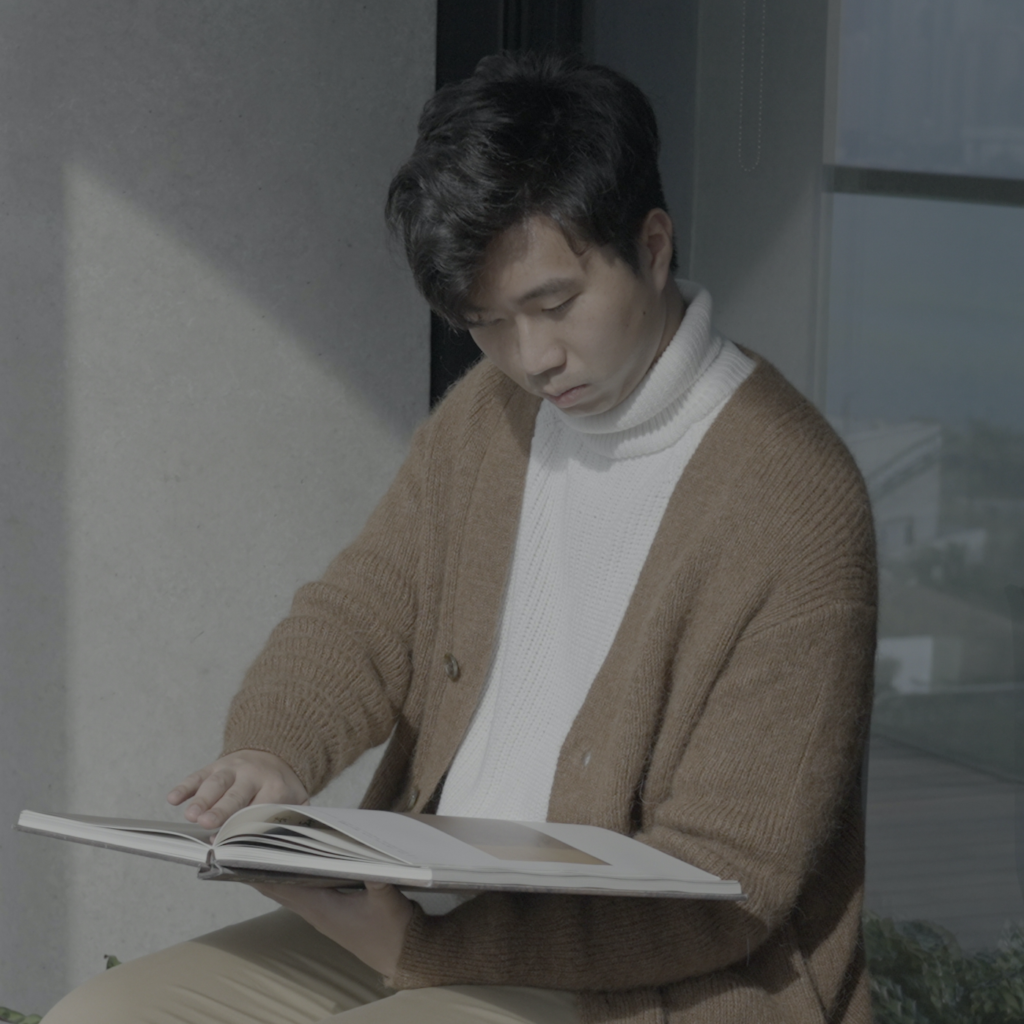
Danny M.C. Ching
Field: Tibetan and Chinese History, Sino-Tibetan Buddhist Art
Advisor: Gray Tuttle
Email: mc5468@columbia.edu
Danny M.C. Ching is a Ph.D. student in the East Asia-History program. He received his MSc. in Visual, Material, and Museum Anthropology from the University of Oxford, M.A. in Asian Studies from the Universiteit Leiden, and B.A. in Translation from the Chinese University of Hong Kong.
Danny’s primary research interest lies in the visual representation of the Gesar epic. Specifically, he focuses on how the open-ended, non-essentialist, and liminal pan-Central Asian oral tradition has been translated into an art genre. He aims to unravel how the development of Gesar art reflects political and sociocultural changes in Tibet, China, and Inner Asia. This exploration is particularly relevant as the oral epic navigates between forbidden and canonical status due to shifting ideologies of different authorities. His other research interests include Sino-Tibetan Buddhist art at the Ming and Qing imperial courts, as well as Buddhist art history in general.
Before starting his doctoral studies at Columbia, Danny worked as an Assistant Curator at the Hong Kong Palace Museum. He made curatorial contributions to various exhibitions, including “Entering the Forbidden City: Architecture, Collection, and Heritage”, “Clay to Treasure: Ceramics from the Palace Museum Collection”, and “Private to Public: The History of Chinese Art Collecting in Hong Kong”. Additionally, he curated the “Buddhist Art Across Borders” exhibition at Barakat Gallery Hong Kong.
Since 2016, Danny has partnered with a Hong Kong-based startup to organize cultural tours to Tibet, specifically catering to university students and young professionals. Over the years, he personally led multiple tours to the Tibetan Autonomous Region, curated reading materials on Tibetan history, and delivered thematic lectures both on-site and during transit.
Recent Publications:
- (2022) ‘The Yongzheng Emperor: A Control Freak?’, ‘The Qianlong Emperor: Imperial Vandalism?’, ‘Tang Ying: Master of Glaze’, ‘Master Craftsmen from the Tibetan Plateau’, ‘Winter Olympics: The Qing Court Version’, ‘A Birthday Gift Befitting an Empress Dowager’, in Tales of the Forbidden City: 1644–1911, Hong Kong: The Commercial Press (Hong Kong), p. 62–63, 82–83, 118–119, 120–121, 218–219, 238–239.
- (2022) (co-author) ‘Private to Public: History of Chinese Art Collecting in Hong Kong’, Arts of Asia, Summer 2022, p.70–80.
(2019) (ed.) Buddhist Art from the Barakat Collection. Seoul: Barakat Gallery.



